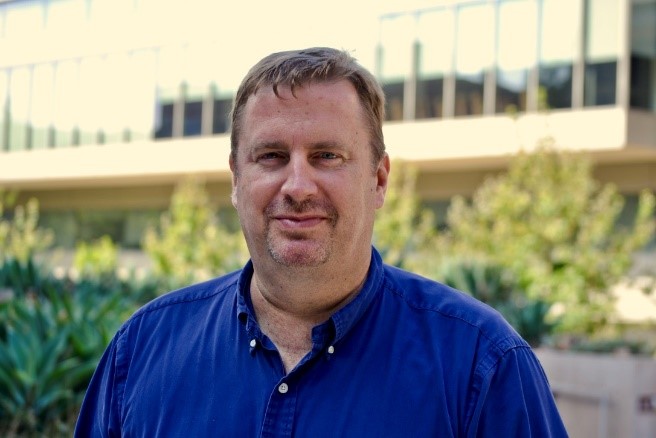
Speaker:
Affiliation:
ABSTRACT: Current industrial processes for power, fuel, and commodity production are responsible for massive, ongoing CO2 emissions that adversely affect the stability of Earth’s climate with potentially disastrous consequences. Increased use of hydrogen as a fuel and chemical building block promises to reduce CO2 emissions in critical sectors, but modern hydrogen production technologies also involve high greenhouse gas emissions. This talk considers a process in which concentrated radiation from a simulated solar source converts methane to high-value graphitic carbon and hydrogen gas. Methane flows within a photo-thermal reactor through the pores of a thin substrate irradiated by several thousand suns at the focal peak. The methane decomposes primarily into hydrogen while depositing highly graphitic carbon that grows conformally over ligaments in the porous substrate. The direct heating of the porous substrate serves to capture the solid carbon into a readily captured and useful form while maintaining active deposition site density with persistent catalytic activity. Even with a large flow area through regions of lower irradiation flux and temperature, methane conversion and hydrogen yields of approx. 70% are achieved, and nearly 60% of the inlet carbon is captured in graphitic form.
BIOSKETCH: Timothy S. Fisher (PhD in Mechanical Engineering, 1998, Cornell) joined UCLA’s Department of Mechanical & Aerospace Engineering in 2017 after 15 years in Purdue’s School of Mechanical Engineering, and several previous years at Vanderbilt University. In 2018 he received the John P. and Claudia H. Schauerman Endowed Chair in Engineering at UCLA, as well as the ASME Heat Transfer Memorial Award. From 2009 to 2012, he served as a Research Scientist at the Air Force Research Laboratory’s Thermal Sciences and Materials Branch of the Materials and Manufacturing Directorate (WPAFB, OH). He also has a long-standing affiliation with the Jawaharlal Nehru Center for Advanced Scientific Research in Bengaluru, India. His research has included studies of nanoscale heat transfer, electronics cooling, carbon nanomaterial synthesis, coupled electro-thermal effects in semiconductor and electron emission devices, energy conversion and storage materials and devices, microfluidic devices, biosensing, and related computational methods ranging from atomistic to continuum scales. He has advised more than 30 doctoral advisees to completion, and in 2012 he received the McDonald Mentoring Award from ASME. He is active in service through a variety of roles in professional societies.
Date/Time:
Date(s) - Oct 28, 2022
12:00 pm - 1:00 pm
Location:
38-138 Engineering IV
420 Westwood Plaza Los Angeles CA 90095
